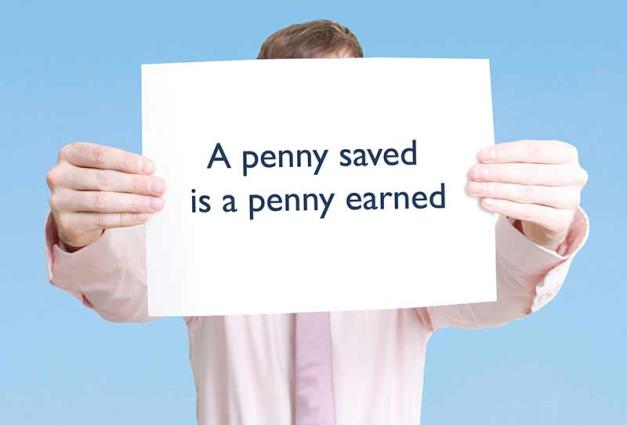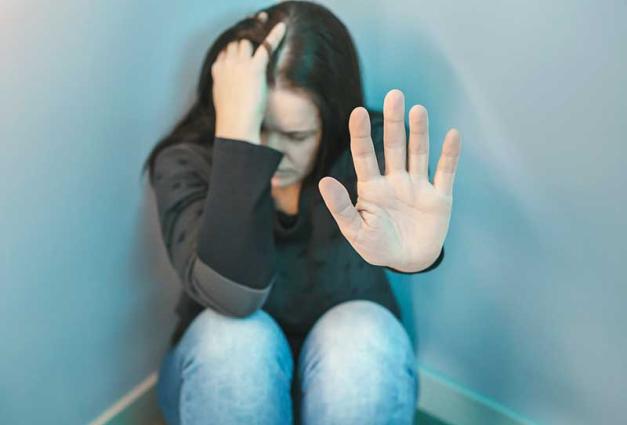We may expect that individuals who feel that they are in physical danger would seek out ways to protect themselves, not others. However, and perhaps counterintuitively, in some cases, it may be the opposite—individuals who feel vulnerable may be motivated to help others, even if by doing so, they may further endanger themselves. Why is that? Our research looks at the association between perceived personal physical vulnerability and decisions to help others.
From an evolutionary standpoint, stressful situations spur humans to form groups to provide, and receive, joint protection. We seek proximity to others to maintain an adequate level of protective and rewarding social relationships, which is also vital to group survival. Helping others when one feels vulnerable can be also viewed as a defense mechanism: by acting prosocially, one protects oneself by ensuring reciprocity from others. Therefore, promoting group welfare is an expression of "enlightened self-interest": individuals realize that a narrow, short-term focus on self-interest may hurt them in the long run, and therefore act to benefit the group as a means of maximizing overall self-benefit.
An alternative explanation may be that feeling physically vulnerable to a certain danger makes one feel closer to others who are similarly vulnerable. Researchers have found that affiliative tendencies increase in anxiety-evoking situations—such that individuals seek physical proximity to others and their social support when facing potential physical harm. Social closeness to the target of one's helping behavior, and perceptions of shared group-belonging, tend to increase the incidence of giving. When individuals encounter someone who is similar to them in some way, the other's welfare becomes immediately self-relevant—which in turn increases the likelihood of helping that individual. A close relationship with a victim of a misfortune increases one's prosocial behavior toward them and extends to other, similar victims—since knowing a victim increases feelings of closeness toward victims of similar misfortunes.
In our studies, we measured feelings of vulnerability in different situations—during an armed conflict in Israel, cancer, and various misfortunes like getting hurt in a car accident or becoming seriously ill. In each case, we asked whether this sense of vulnerability is associated with a greater willingness to volunteer and donate to charity. We further examined if this association may be explained by expectations of future reciprocity, or rather by feeling a greater closeness to vulnerable others.
We found that individuals with a greater sense of their own likelihood to be injured during an armed conflict participated more in related volunteering activities, some of which included traveling to heavily bombarded areas, therefore increasing the risk to volunteers. In another study, participants who perceived themselves to be physically vulnerable were more willing to volunteer for, or donate to, a local health-related organization. This pattern was the same in both Israel and the US.
Feelings of Closeness to Vulnerable Others
We further discovered why physical vulnerability led to helping: it was due to feelings of greater closeness to vulnerable others, which is in line with the idea that anxiety-evoking situations tend to increase affiliative tendencies. Individuals' sense of closeness to others who are suffering a similar misfortune can motivate them to provide help.
Since, in our study, physically vulnerable participants were more likely to donate than their non-vulnerable counterparts—irrespective of whether the donation was to a charity in their own, or in another country—it is unlikely they were primarily motivated by self-interest in doing so. After all, they would not benefit personally from such a charity. Thus, our findings are in line with the empathy-altruism hypothesis, which suggests that individuals are motivated by an other-oriented emotional response in seeking to help others.
For Further Reading
Kogut, T., & Ritov, I. (2011). "Protective donation." Journal of Experimental Social Psychology, 47, 1059–1069. https://doi.org/10.1016/j.jesp.2011.04.006
Motsenok, M., Kogut, T., & Ritov, I. (2021). Perceived physical vulnerability promotes prosocial behavior. Personality and Social Psychology Bulletin, 48(2), 254-267. https://doi.org/10.1177/01461672211005879.
Motsenok, M., & Ritov, I. (2021). The effect of perceived financial vulnerability on prosocial activity. Journal of Behavioral Decision Making, 34, 35-46. https://doi.org/10.1002/bdm.2198
Marina Motsenok is a postdoctoral research associate at the Department of Education at Ben-Gurion University of the Negev. Her research examines how various situational and contextual factors affect decision-making and prosocial behavior.
Tehila Kogut is a professor at the Department of Education and at the Center for Decision Making and Economic Psychology at Ben-Gurion University of the Negev. Her research focuses on decision-making in social contexts and prosocial behavior among adults and children.
Ilana Ritov is a professor of psychology at the Seymour Fox School of Education and the Federmann Center for the Study of Rationality at the Hebrew University of Jerusalem. Her research aims to elucidate the interplay between features of the social context and individuals' choice behavior.




